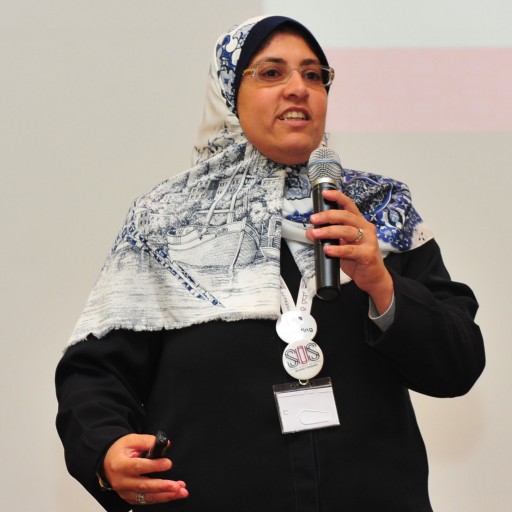Research in Progress
1. Farrag, D. A. M., “Barriers and Challenges facing successful Arab origin Brands to go global: a conceptual framework” (On-Going).
investigating about the main reasons that hinder Arab origin successful brands from going global and achieving high brand valuations as compared to western-origin brands.
2. Farrag, D. A., Katsioloudes, M., Abdelfadil, B., “Entrepreneurial mindset and the role of universities as strategic drivers of entrepreneurship: Evidence from Qatar” (On-Going).
Working on research related to the motivations for Qatari Youth to become entrepreneurs- influencing factors both internal and external are investigated and measured. A representative sample from Qatar University students from the College of Business shall be drawn.
3. Farrag, D. A., Al Thawadi, O. M., Q. T. F., “Examining the Antecedents for spectators’ willingness to attend Tennis matches and the role of social media”” (On-Going).
This study/ research focuses on one of the most important issues related to the development of sports in the state of Qatar; spectator’s attendance. Significance of this study/research can be perceived from two perspectives: contribution to research/literature and academia and contribution to practitioners. Fans demonstrate their loyalty by regularly attending sports events and championships to cheer their teams or favorite players. Is this the case in Qatar? And what are the main reasons/ drivers for attending matches in general? The Association of Tennis Professionals (ATP) stated that tennis continues to lead pack among traditional sports in participation growth. Tennis in Qatar as well is considered one of its most popular and favorite sports. The Qatar Tennis Federation (QTF) now hosts several international competitions, including two annual tournaments associated with the Association of Tennis Professionals (ATP) as well as the International Tennis Federation (ITF) events.
4. Farrag, D. A., Obeidat, S. M., “Integrating sustainability and CSR concepts in the College of Business & Economics Curriculum: A GVV case study approach.” (Published).
Book Chapter in – Ethics, CSR and Sustainability (ECSRS) Education in the Middle East and North Africa (MENA) Region: Conceptualization, Contextualization, and Empirical Evidence. Published by Routledge
This case based approach shall provide evidence from the initial experiences of using the GVV approach in a well-recognized higher institution in Qatar, Qatar University. More specifically, evidence of whether faculty fundamentally alter their course structure in a way that is consistent with the GVV approach, and from a student’s perspective, it is interesting to describe students’ reactions to the use of GVV approach. In general, the use of GVV approach in teaching can build greater openness and self-awareness by students to ethical considerations. It is critical to understand whether students perceive it`s value the same way.
This case study analysis shall enhance the current literature about sustainability in education in the region in general and specifically business education as majority of current research and case studies focus on the engineering/ architecture and oil and gas sectors. Education policy makers from both the private and public sector shall also benefit from the learning outcomes of this case study to better integrate the GVV concepts and approach in current and future curriculums and try to manage student’s expectations and related challenges.
5. Farrag, D. A., “Perceived service quality in Islamic Banking and Customer satisfaction” (Under review).
The objectives of this research is to:
1- develop a new scale for measuring service quality in Islamic banks
2- Measuring the influence of Service quality on customer satisfaction given the moderating role of attitude towards Islamic banks.
